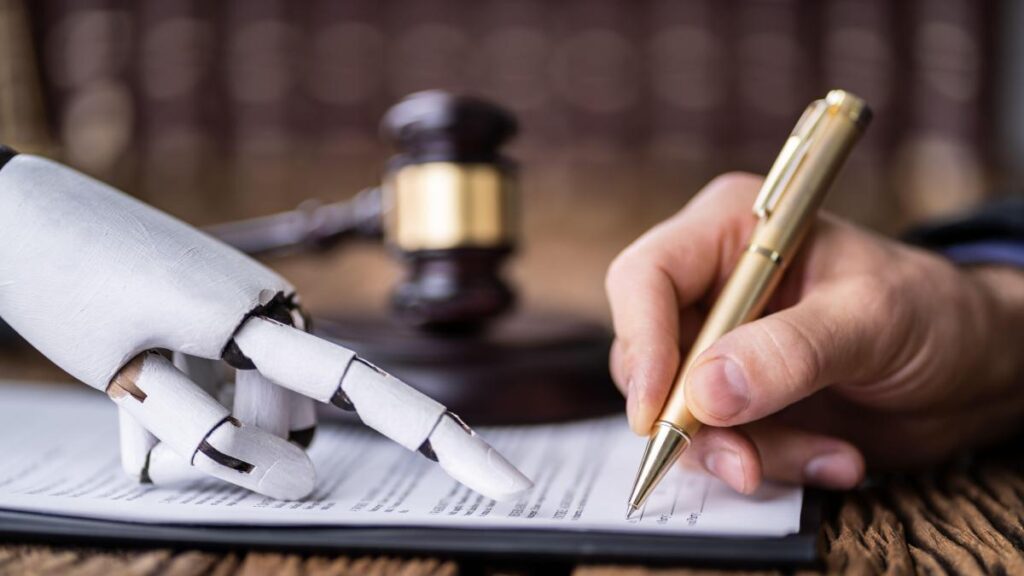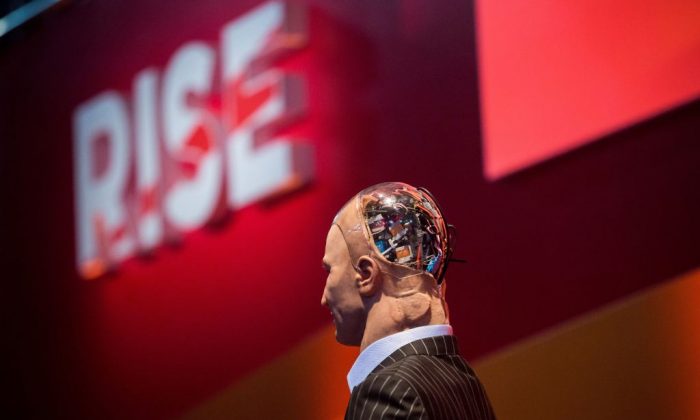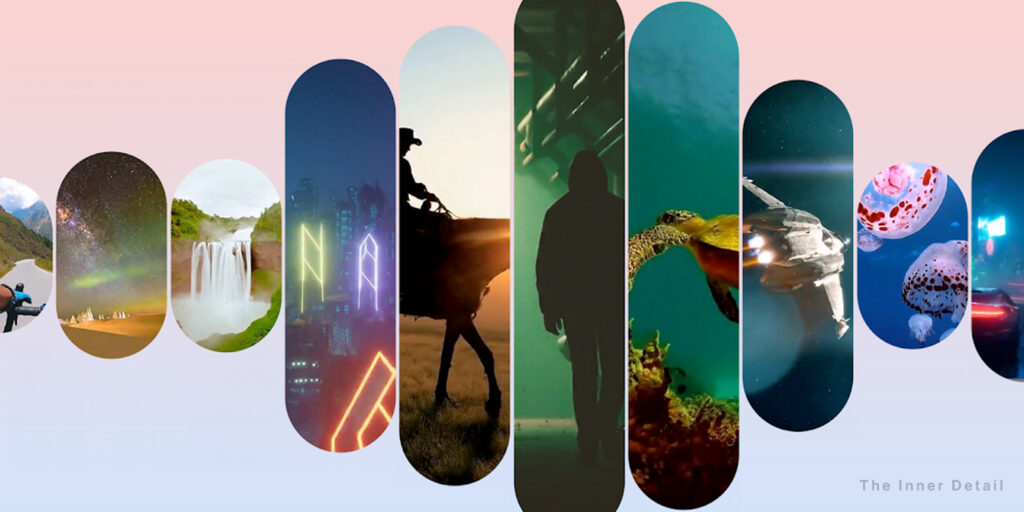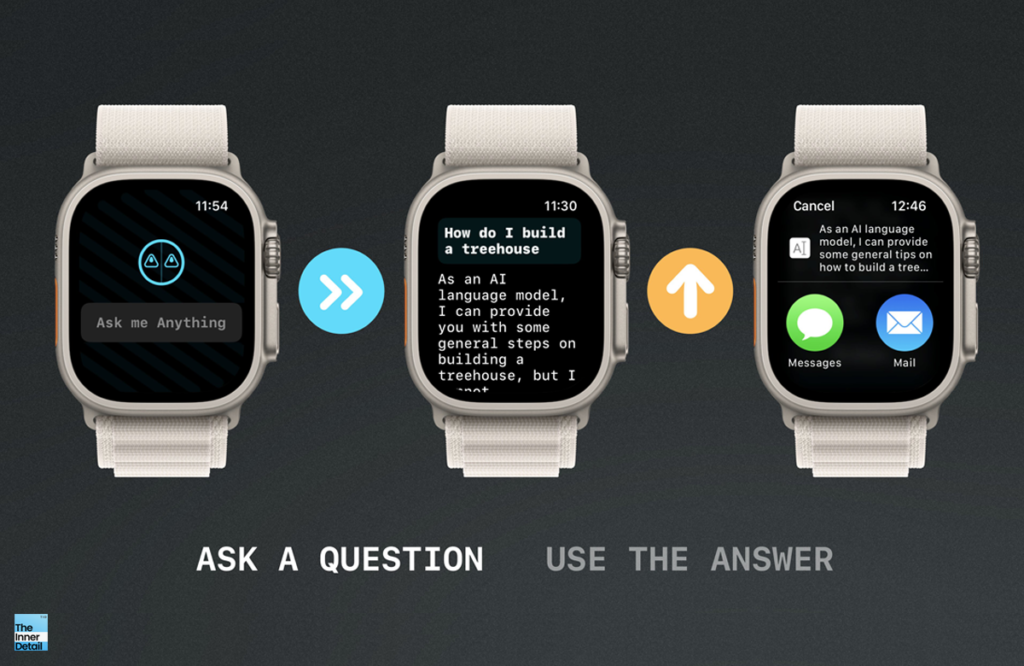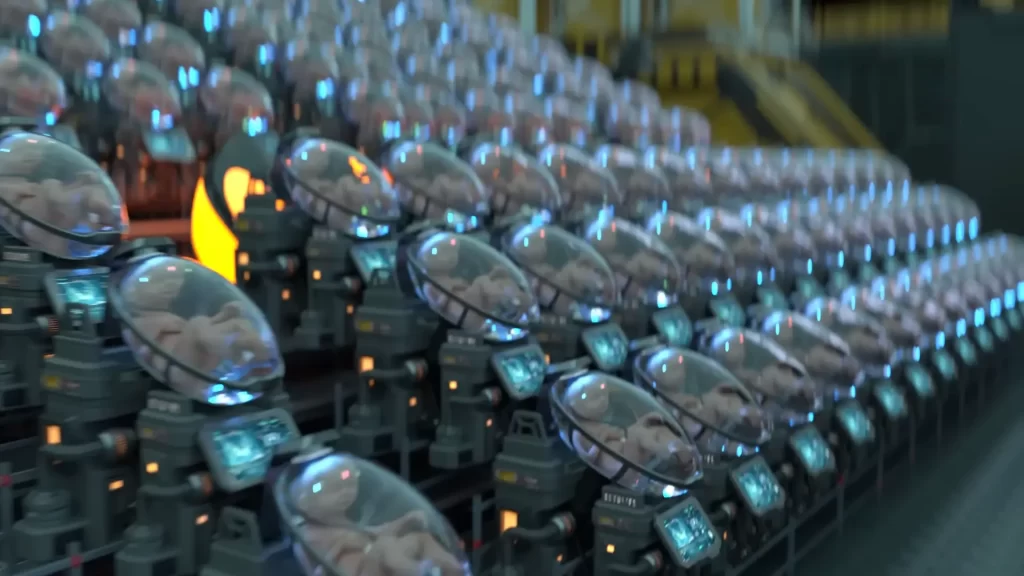For the first time in the history of World, AI will be defending a person in court, where it will handle range of lawsuit cases like legal document issues to parking fines.
The advent of AI has opened the doors for advancements in several fields and the tech is on full swing now where atleast four out of seven days in a week has news involving AI tech. And Court of Justice is the latest member added to that list.
An AI chatbot built by the company DoNotPay will be the AI lawyer and will run on the defendant’s smartphone through an app by the name of the company.
DoNotPay’s AI Lawyer
DoNotPay, a firm founded in 2015 in California by Joshua Browder, a Stanford University Computer Scientist, has created this AI lawyer in aim to fight against parking tickets. That’s where the idea had struck the founder.
Joshua launched the DoNotPay app as a chatbot that provides legal advice to consumers dealing with fines, late fees and parking tickets since 2015. The company started deploying AI tech for its app 2020 onwards and the new AI-based chatbot will now listen to court arguments in real time, telling the defendant what to say via earpiece.
The app has spread across US and UK and is handy for users to write letters regarding issues such as insurance claims, complaint letters to a local authority or business, applying tourist visas and more.
DoNotPay is not free and it charges $36 annually (₹3,000 approx) for availing the service, a reasonable rate though. It now has 150,000 paid subscribers, the firm says.
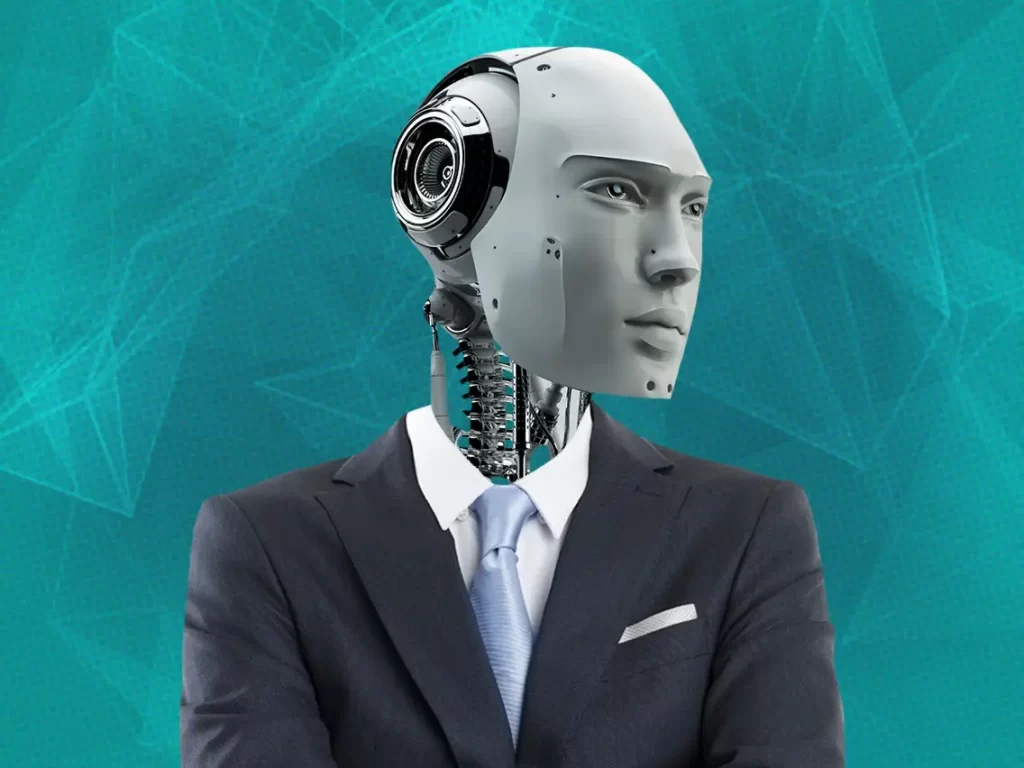
How to work with AI Lawyer?
People should first have to sign up to the app by paying $36 (₹3,000) and then can use AI-powered chatbot for the claims by doing these:
○ Basic information of a person (defendant) has to fed to the AI, including the specific issue of contest.
○ The App process the information and transforms it into a legal document, by using AI.
○ Depending on the issue, the AI will display information as a worded email or a formal notarized court petition.
○ Arguments and objections also can be addressed or countered using this AI.
Related Posts
Real Incident
What AI does here is just processing of the information and compiling in a format that’s already prescribed as per court’s rules. The tech makes the process time efficient and manipulates for solvency of the case in the best way possible.
Experimenting lawsuit cases with AI had already happened before. Sally Hobson, a barrister at London recently used an AI in a complex murder trial where the case involved analysis of more than 10,000 documents. The software did the work four weeks faster than the humans, saving around $60,470 (₹49,75,000). The software was developed by Eleanor Weaver, chief executive of Luminance, which is used by more than 300 law firms across 55 countries.
Ethic Concerns
Though tech is appraised for uplifting the efficacy and accuracy of handling works and tasks, the concern to lay a limit to avoid intruding of the tech in people’s private lives and in few realms too. Court of justice is also one of the few sectors, where the AI could be leveraged or errored for unexpected manipulation or behavior anytime in future.
As AI is a pure technology, the tech is susceptible to hacking or any mischievous happenings and there also been questions on whom to sue, if the tech has become a victim leading to complications when determining the compensation and liability.
How you see this intervention of AI as a Lawyer?
(For more such interesting technology and innovative detailing, keep reading The Inner Detail).
